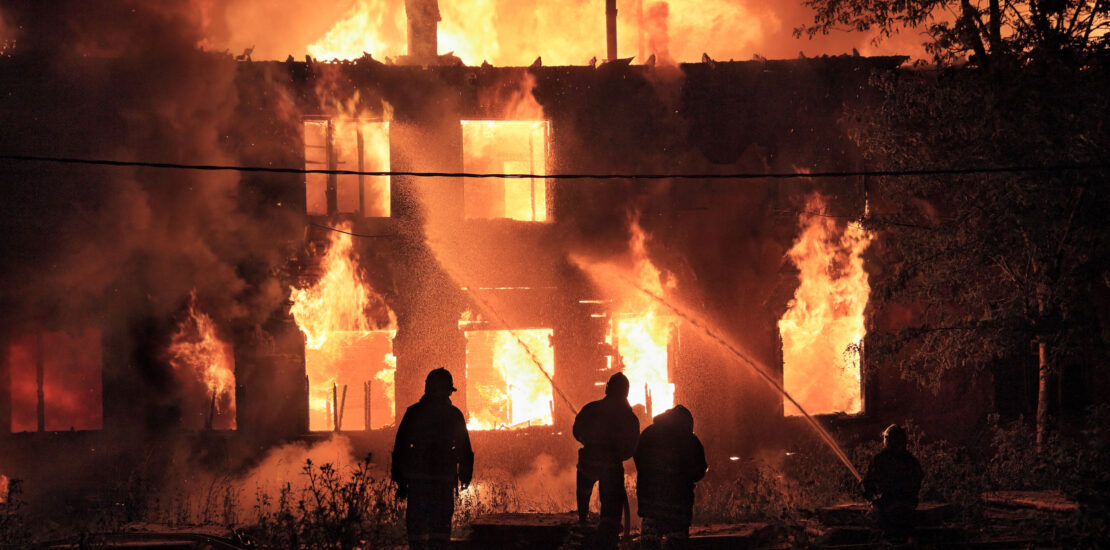fear of rejection
-
FDR and Sir Isaac Newton on Why Salespeople Fail
- August 25, 2020
- Posted by: Dave Kurlan
- Category: Understanding the Sales Force

Unlike the made up fears that prevent salespeople from asking tough questions, qualifying more thoroughly, or picking up the phone and making a cold call, the fear of burning alive in a hotel fire seemed like a pretty justifiable one.
-
Rejection: Does Selling Cause More Anxiety Than Dating?
- July 29, 2014
- Posted by: Dave Kurlan
- Category: Understanding the Sales Force
Today, the abundance of technology and its place in selling has allowed fear of rejection to become much like it was in the golden days of dating. Salespeople now wonder to themselves, “Will they reply to my email?” Will they text me back?” “Will they accept my LinkedIn invitation?” “Will anyone retweet my tweet?” “Will they like me on Facebook?”
Let’s call it Neorejection.
-
Rejection – Why it is the #1 Enemy in Modern Selling
- April 3, 2014
- Posted by: Dave Kurlan
- Category: Understanding the Sales Force
For a change, rather than contributing to all the noise about inbound replacing outbound, inside replacing outside, insights replacing sales steps, buyers’ process replacing sales process, let’s talk about something that has a huge, relevant impact on selling, regardless of how the opportunity came to be.
-
Sales Courage and Resilience
- January 3, 2012
- Posted by: Dave Kurlan
- Category: Understanding the Sales Force
Hope isn’t enough, but faith and courage are. If salespeople can apply the 20 seconds of courage rule to every challenging or scary situation they encounter, and simply do what they are afraid of, good things will happen. When things go wrong – and they surely will – if they can have the faith to hang in there for one more minute, one more hour or one more day, knowing that if they do everything in their power (with their fate in their control) rather than relying on hope, they will achieve the desired outcome.

